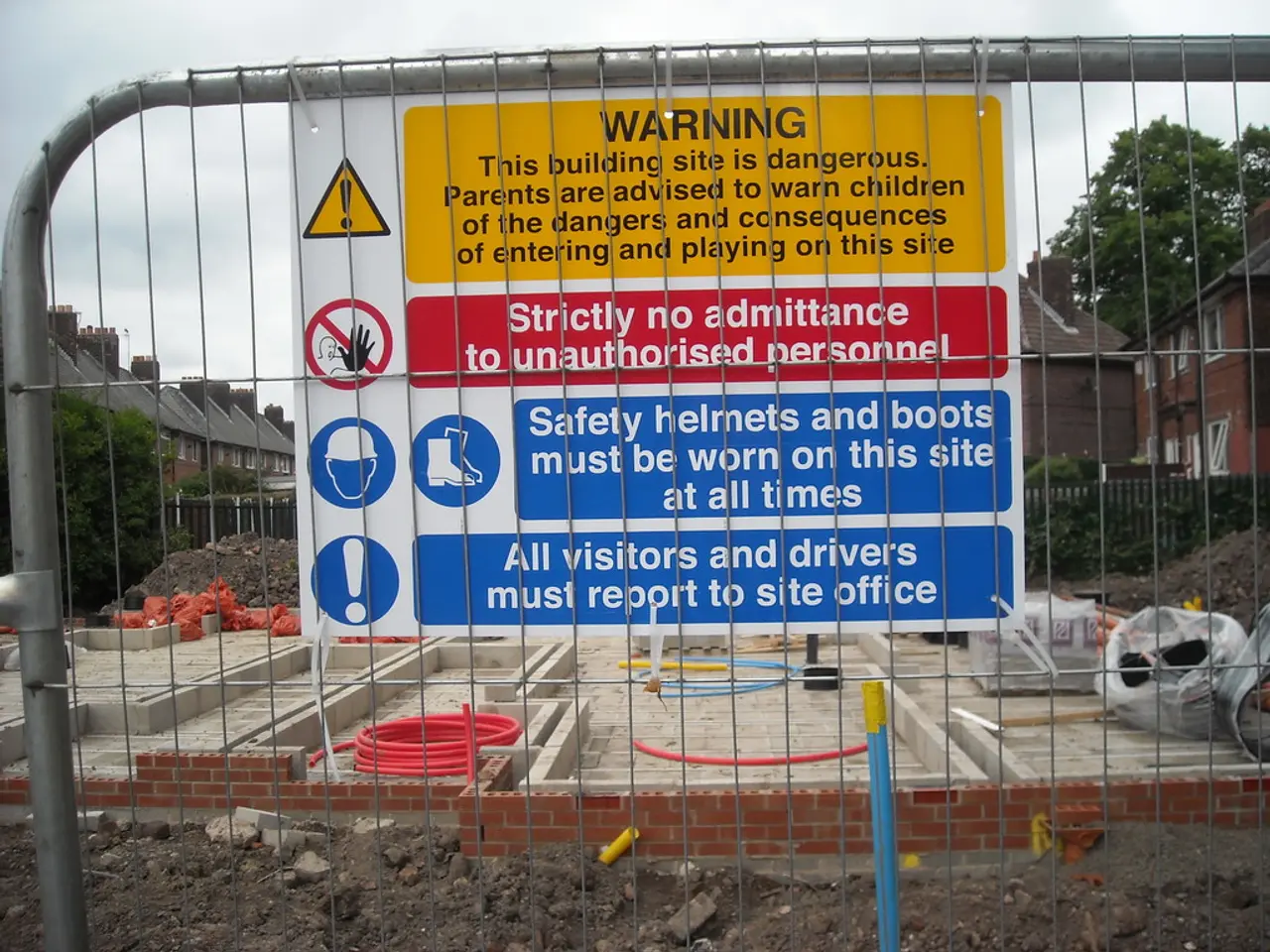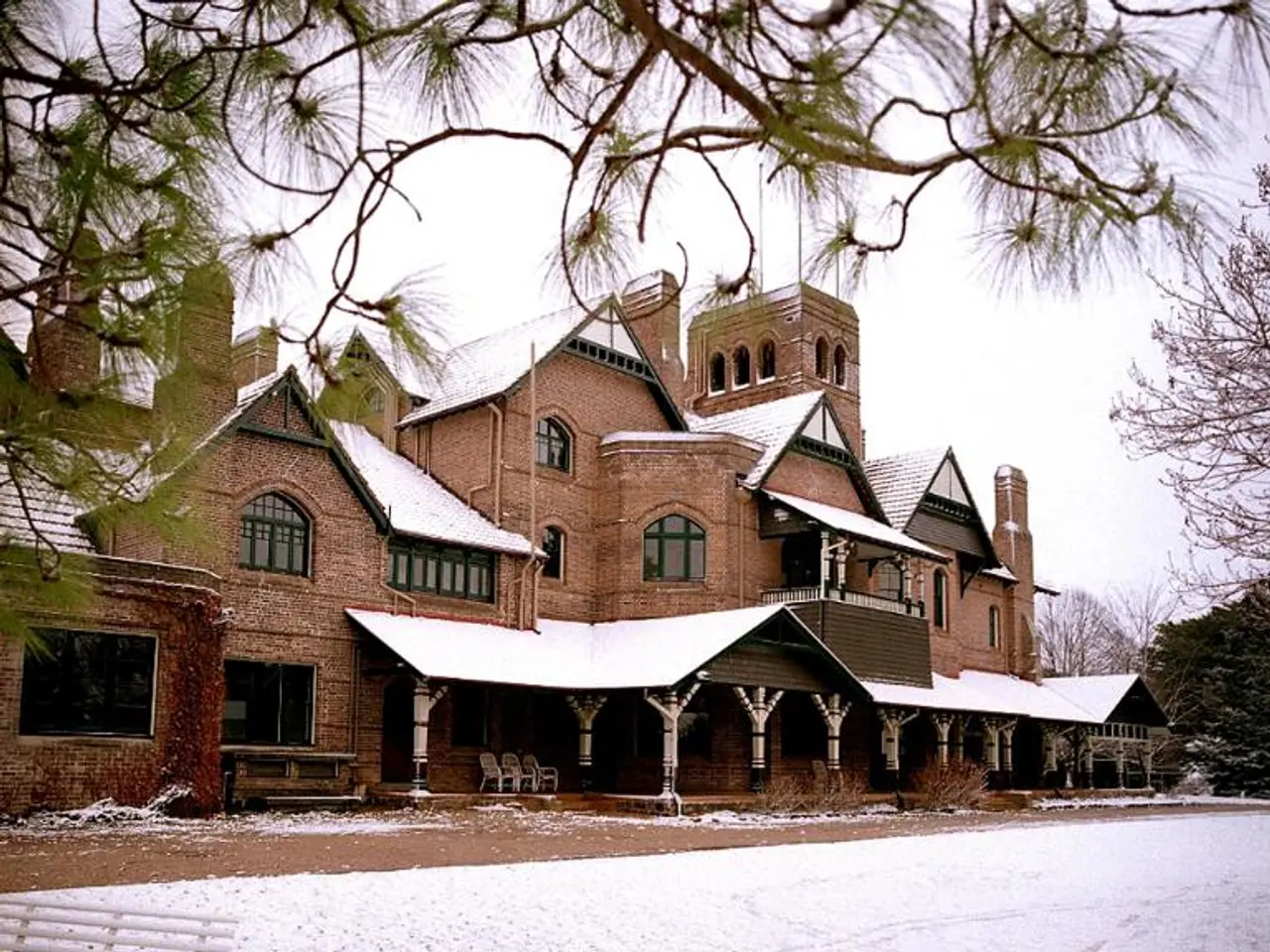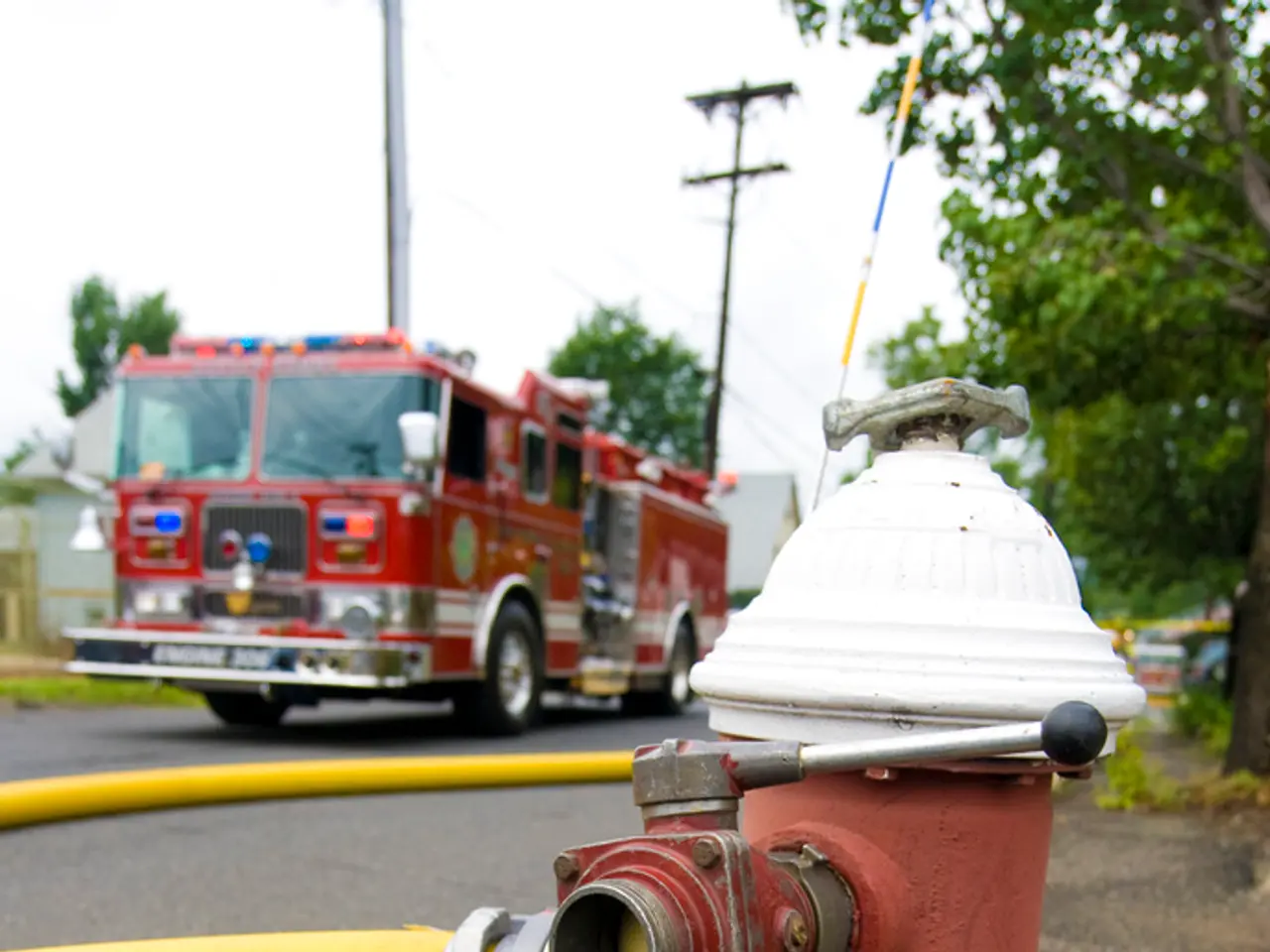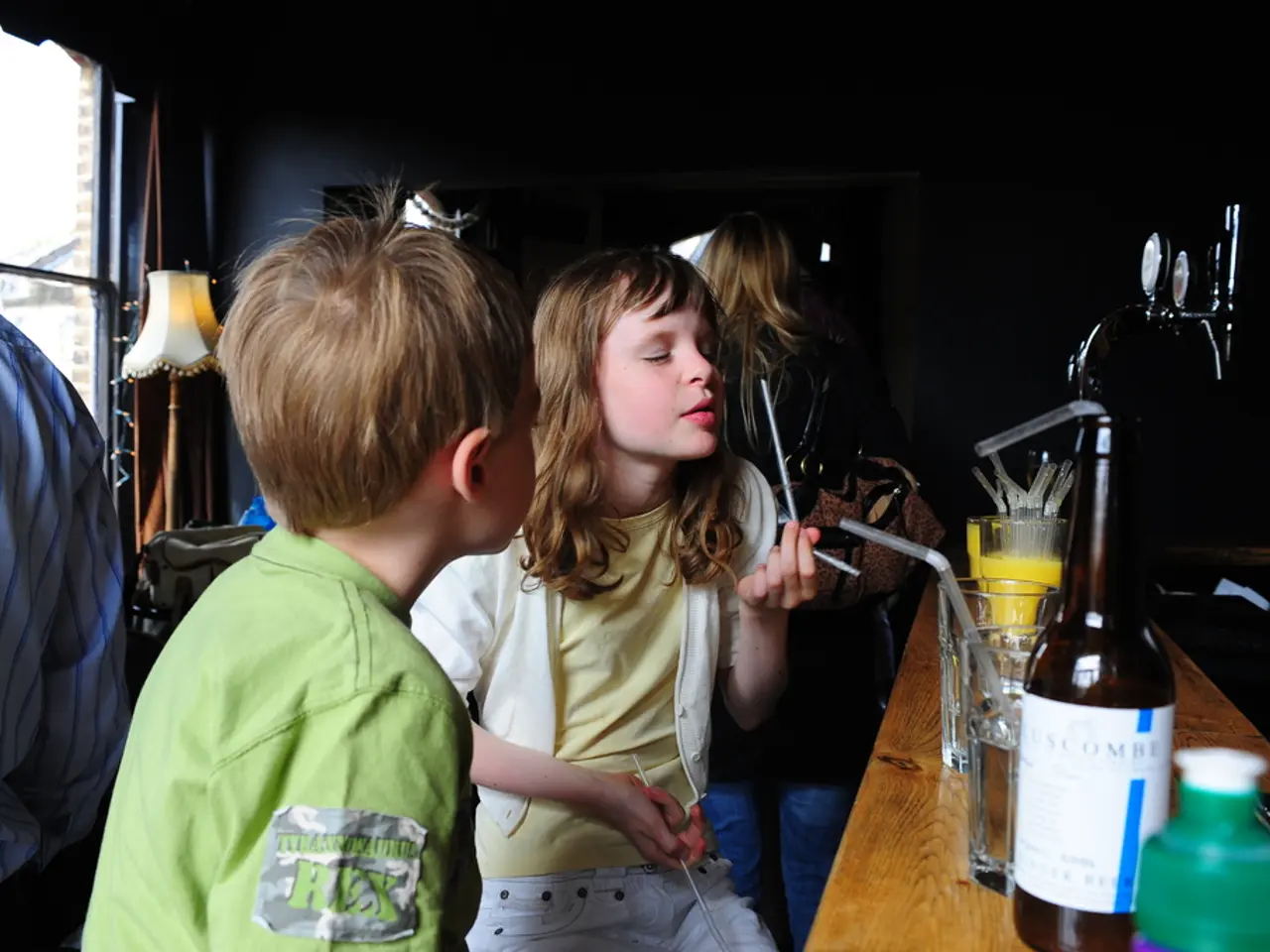Increased safety precautions at the Indian Embassy in Ireland due to escalating assaults against Indian nationals.
In recent times, there has been a concerning increase in physical attacks against members of the Indian community, particularly in and around Dublin, Ireland. This alarming trend has prompted the Indian Embassy in Dublin to issue a safety advisory, urging caution and vigilance, especially when avoiding deserted areas at odd hours.
The embassy highlighted a specific incident involving a brutal assault on a 40-year-old Indian man in Tallaght on July 19. Reports also suggest attacks involving teenagers who have stabbed several Indian men in the same area. The embassy is actively working with Irish authorities and victims to provide assistance and monitor the situation.
The Indian community, one of the significant ethnic groups in Ireland, is concentrated mainly in Dublin and its suburbs. They contribute to diverse sectors including IT, healthcare, and academia, making their visibility and presence all the more important. However, this visibility also makes them more vulnerable to the rising wave of racist violence.
Migrant advocacy groups have highlighted systemic challenges in addressing hate crimes and barriers in victim reporting due to insufficient police training. It's essential to note that such hate crimes are not exclusive to the Indian community.
For emergencies, Indian nationals in Ireland are advised to contact the Indian Embassy in Dublin, which remains engaged with local police (Gardaí) to respond to incidents. The embassy's contact details are typically provided on their official website and social media channels for prompt assistance. Irish emergency services can be reached by dialing 112 or 999.
The Indian Embassy's emergency mobile number is 08994 23734, and emails can be sent to [email protected] for urgent help.
Ireland has emerged as a key destination for Indian postgraduates, doctoral researchers, and professionals in technology, science, and medicine. The country is also home to an estimated 80,000 people of Indian origin, comprising around 33,898 Persons of Indian Origin (PIOs) and 40,000 Non-Resident Indians (NRIs).
Cultural initiatives like the ICCR Chair on Indian Studies at Dublin City University and University College Cork are being implemented to foster a deeper understanding of Indian culture and history.
The Indian community in Ireland is largely engaged in healthcare, IT, engineering, and senior management roles. Notably, there are approximately 10,000 Indian students pursuing higher education across Irish institutions.
The embassy is in touch with the Irish authorities regarding this concerning rise in attacks and is providing all necessary support to the victim and their family.
References: [1] Irish Times, August 2025 [2] The Guardian, August 2025 [3] RTÉ News, August 2025 [4] Indian Embassy Ireland, Official Website [5] Irish Examiner, August 2025
- The increasing incidents of physical attacks against Indian community members in Dublin, Ireland, have raised concerns and prompted discussions about the role of technology in improving safety and combating hate crimes.
- With a significant presence in sectors like healthcare, IT, and academia, the Indian business community in Ireland contributes to both the local economy and the general-news discourse about immigration and diversity.
- In response to the recent wave of attacks, the Indian Embassy in Dublin is collaborating with Irish authorities and migrant advocacy groups to address systemic challenges and improve crime-and-justice procedures for reporting and dealing with hate crimes.
- The problem of hate crimes against minorities is not exclusive to the Indian community, and it is essential for the news media to cover crime-and-justice stories and provide an informed perspective on political and social issues.
- On the brighter side, Ireland has established cultural initiatives, such as the ICCR Chair on Indian Studies at Dublin City University and University College Cork, to promote education and better understanding of Indian culture and history, contributing to the overall growth and harmony within the country's general-news landscape.







